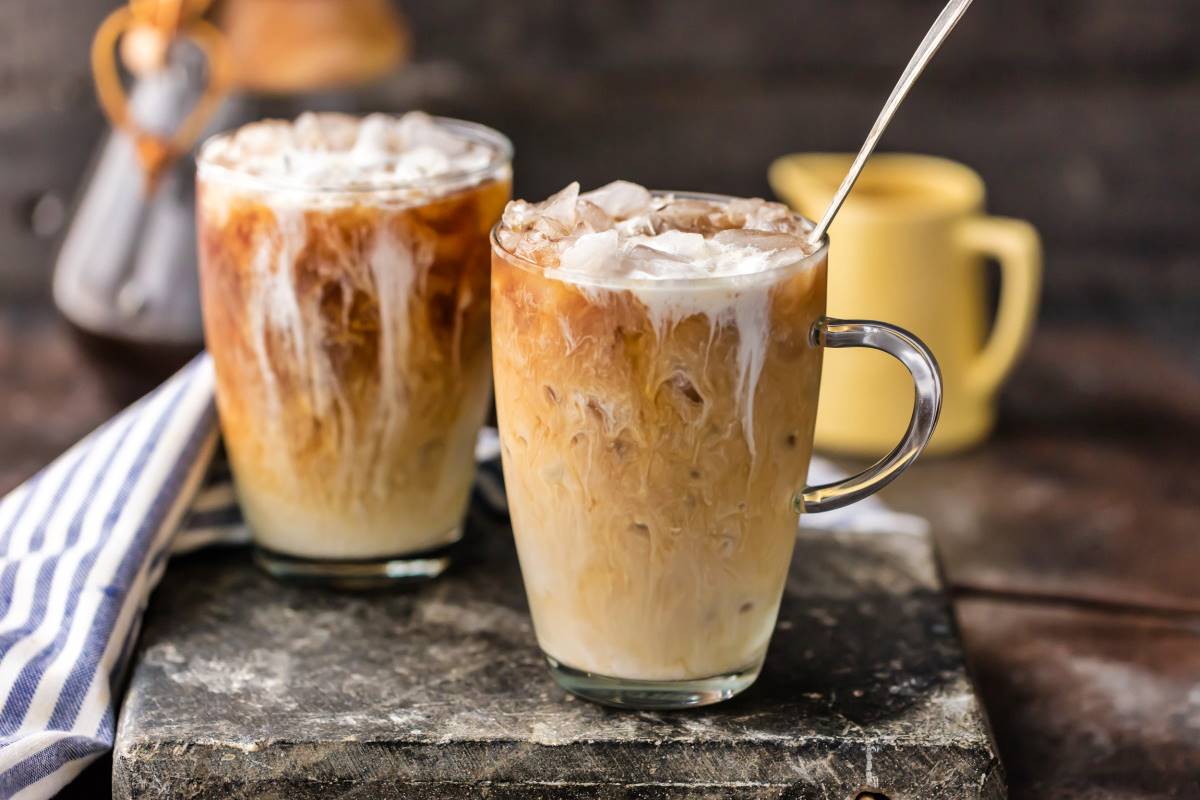When it comes to hydration, we often think about beverages, associating hydration with them, and dehydration with their absence. But did you know that besides water and fluids, the foods we eat also play a significant role in our body’s dehydration?
Certain foods, like watermelon, cucumber, strawberries, bell peppers, and others, help hydrate us. However, some food groups can have the opposite effect, leading to dehydration. Hydration is vital for various bodily functions, including digestion, gut health, detoxification, and oxygen delivery. Curious about which foods can dehydrate you further? Here’s a handy list.
Advertisement
High-Sodium Foods
Have you ever felt the urge to guzzle down a whole bottle of water after indulging in some delicious Chinese food? Chinese cuisine often contains high levels of sodium due to the abundance of sauces used. Excessive salt consumption leads to sodium concentration in the bloodstream, disrupting pH balance.
As a result, the body draws water from cells to maintain equilibrium, causing thirst and dehydration. Consistently consuming salty foods can also raise blood pressure levels. Processed foods like chips are also high in sodium, adversely affecting your well-being.
Alcohol
As the weekend approaches and Friday draws to a close, gathering with friends over a beer or glass of wine is not just comforting but a crucial way to unwind. However, excessive alcohol consumption can lead to dehydration. Alcohol suppresses ADH secretion and acts as a diuretic, increasing urine production and causing a net loss of fluids, leaving you feeling dehydrated.
Extreme Protein Consumption
For fitness enthusiasts engaging in intense workouts, adequate protein intake is essential. However, excessive protein consumption can lead to dehydration. Protein breakdown produces nitrogen, which requires additional water for stabilization, drawing water from cells and causing feelings of dehydration and thirst.
Caffeinated Drinks
While starting the day without a steaming cup of coffee or tea may seem unbearable, excessive consumption of caffeinated drinks can lead to dehydration. Caffeine increases urine production, but to counteract its diuretic effect, it’s essential to consume plenty of water and other fluids.
In summary, these are just a few examples of foods and beverages that can cause dehydration in your body, emphasizing the importance of staying adequately hydrated throughout the day.
Also Read: Sunflower seeds shine bright with health benefits











